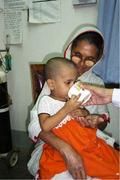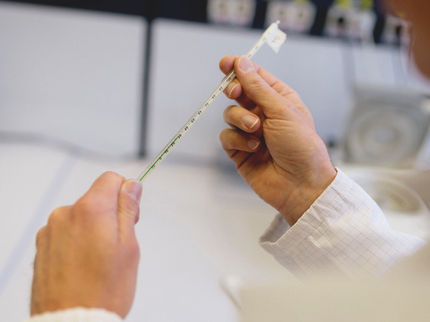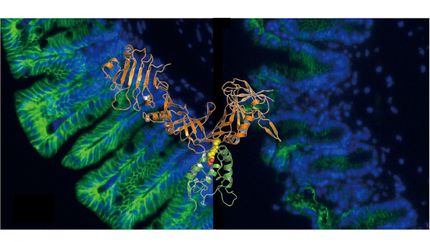Successful results in developing oral vaccin against diarrhea
Advertisement
The University of Gothenburg Vaccine Research Institute (GUVAX) announces successful results in a placebo controlled phase I study of an oral, inactivated Escherichia coli diarrhea vaccine.

The University of Gothenburg Vaccine Research Institute (GUVAX) announces successful results in a placebo controlled phase I study of an oral, inactivated Escherichia coli diarrhea vaccine.
The University of Gothenburg
Enterotoxigenic Escherichia coli (ETEC) bacteria are the primary cause of diarrhea in children living in low and middle income countries result in 400 million diarrheal episodes and approximately 300 000 deaths among children per year.
ETEC is also the leading cause of illness among international travelers to developing countries. Among the 65 million people travelling from industrialized countries to ETEC high-risk areas in the developing world, 30-50 % (ca 30 million people) experience at least one TD episode during their journey. Today there is no ETEC vaccine available on the market for use in either children or travelers in ETEC high-risk areas.
A novel oral ETEC vaccine has been developed in Sweden and a clinical phase I-study of this vaccine has now been successfully completed. All predefined primary endpoints for the study were achieved showing that the vaccine is safe, with only few and mild adverse reactions observed, and strongly immunogenic, stimulating immune responses to all vaccine components.
The vaccine, consisting of four inactivated E. coli bacterial strains and the ETEC-based B subunit protein LCTBA, was studied for safety and immunogenicity in a total of 129 healthy volunteers. The study was designed as a four-armed, double-blinded, placebo-controlled trial. Study participants were randomized to receive two oral doses two weeks apart of either the vaccine alone, vaccine co-administered with an oral adjuvant in a low or a higher dose, or an inactive placebo preparation (a buffer solution).
In addition to safety parameters, antibody responses against various vaccine components in fecal samples, or antibodies produced by intestine-derived peripheral blood lymphocytes were measured at different time intervals.
The vaccine was well tolerated by the study participants. Adverse events were few and generally mild with no difference observed in subjects receiving vaccine or a placebo preparation. In total, 75% of all vaccine recipients responded to all 5 of the primary vaccine components, a result that well exceeds the primary immunological endpoint for the study (at least 50 percent of the subjects responding to at least 4 of the primary vaccine antigens).
Furthermore, 85 % of subjects receiving the vaccine co-administered with low dose adjuvant showed significant immune responses to all vaccine components. In addition to showing excellent safety and immunogenicity of the five-component vaccine, the results also confirm previous preclinical results as well as clinical results obtained with a prototype version of this vaccine.




























































